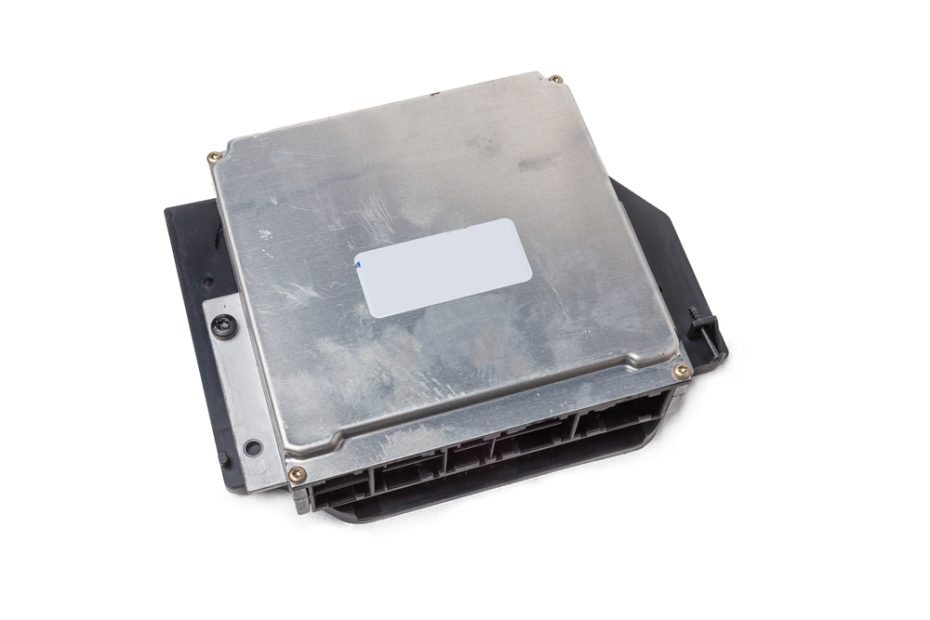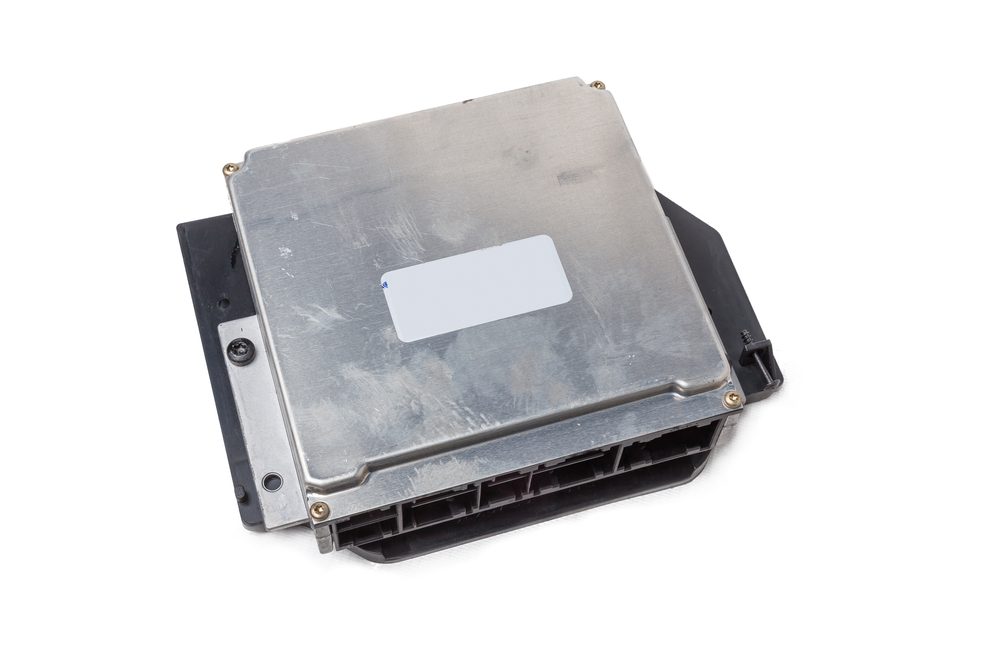Do car ECUs get hot?
The electronic control unit (ECU) is a vital component in modern cars, responsible for managing various functions of the vehicle. As with any electronic device, heat can be a concern. In this article, we will explore whether car ECUs get hot and the potential implications of overheating.
The role of the car ECU
The car ECU, also known as the engine control unit, plays a crucial role in ensuring optimal performance and efficiency of the vehicle. It receives data from various sensors throughout the car and processes it to control the engine, transmission, and other important components.
The ECU is typically located in the engine compartment or passenger cabin, where it is exposed to the ambient temperature of the environment. While modern ECUs are designed to withstand a wide range of temperatures, they can still generate heat during operation.
Heat generation in car ECUs
Car ECUs can generate heat due to several factors, including:
- Electrical components: The ECU consists of various electrical components, such as processors and memory chips, which can generate heat during operation.
- Power dissipation: The ECU controls several high-power systems, such as fuel injectors and ignition coils, which can generate heat through power dissipation.
- Environment: The location of the ECU can affect its temperature. For example, if it is situated in the engine compartment, it is exposed to higher ambient temperatures than if it were placed in the passenger cabin.
While some heat generation is normal during the operation of the ECU, it is essential to ensure that the temperature remains within acceptable limits to prevent any adverse effects.
Implications of overheating
If the ECU gets too hot, it can lead to various issues, including:
- Performance degradation: Overheating can impact the performance of the ECU, resulting in reduced engine efficiency, power loss, and potential drivability issues.
- System malfunctions: Excessive heat can cause electrical components within the ECU to malfunction, leading to unpredictable behavior of the vehicle and potential safety hazards.
- Reduced lifespan: Prolonged exposure to high temperatures can shorten the lifespan of electronic components, potentially leading to premature failure of the ECU.
Hence, it is crucial to take appropriate measures to prevent overheating and ensure the optimal functioning of the car’s ECU.
Preventing overheating
To prevent overheating of the ECU, consider the following measures:
- Adequate cooling: Ensure that the ECU has adequate airflow by keeping the engine compartment clean and free from debris. Regularly check the condition of cooling fans and ensure they are working correctly.
- Thermal insulation: In extreme temperature conditions, consider using thermal insulation materials or heat shields to protect the ECU from excessive heat.
- Proper installation: When installing aftermarket components or modifying the car, ensure that the ECU is placed in a location where it is less exposed to excessive heat.
- Regular maintenance: Follow the manufacturer’s recommended maintenance schedule, which may include inspections and servicing of the ECU.
By taking these precautions, you can minimize the risk of overheating and ensure the reliable operation of the car’s ECU.
Expert opinion:
“Maintaining optimal temperatures within the car’s ECU is crucial for its performance and longevity. It is recommended to follow manufacturer guidelines and consult a professional if you notice any signs of overheating or unusual behavior of the vehicle.”
In conclusion
Car ECUs can generate heat during operation due to electrical components and power dissipation. While some heat generation is normal, it is essential to prevent overheating to avoid performance degradation, system malfunctions, and reduced lifespan of the ECU.
By ensuring adequate cooling, considering thermal insulation, proper installation, and regular maintenance, you can mitigate the risk of overheating and maintain the optimal functioning of the car’s ECU.



